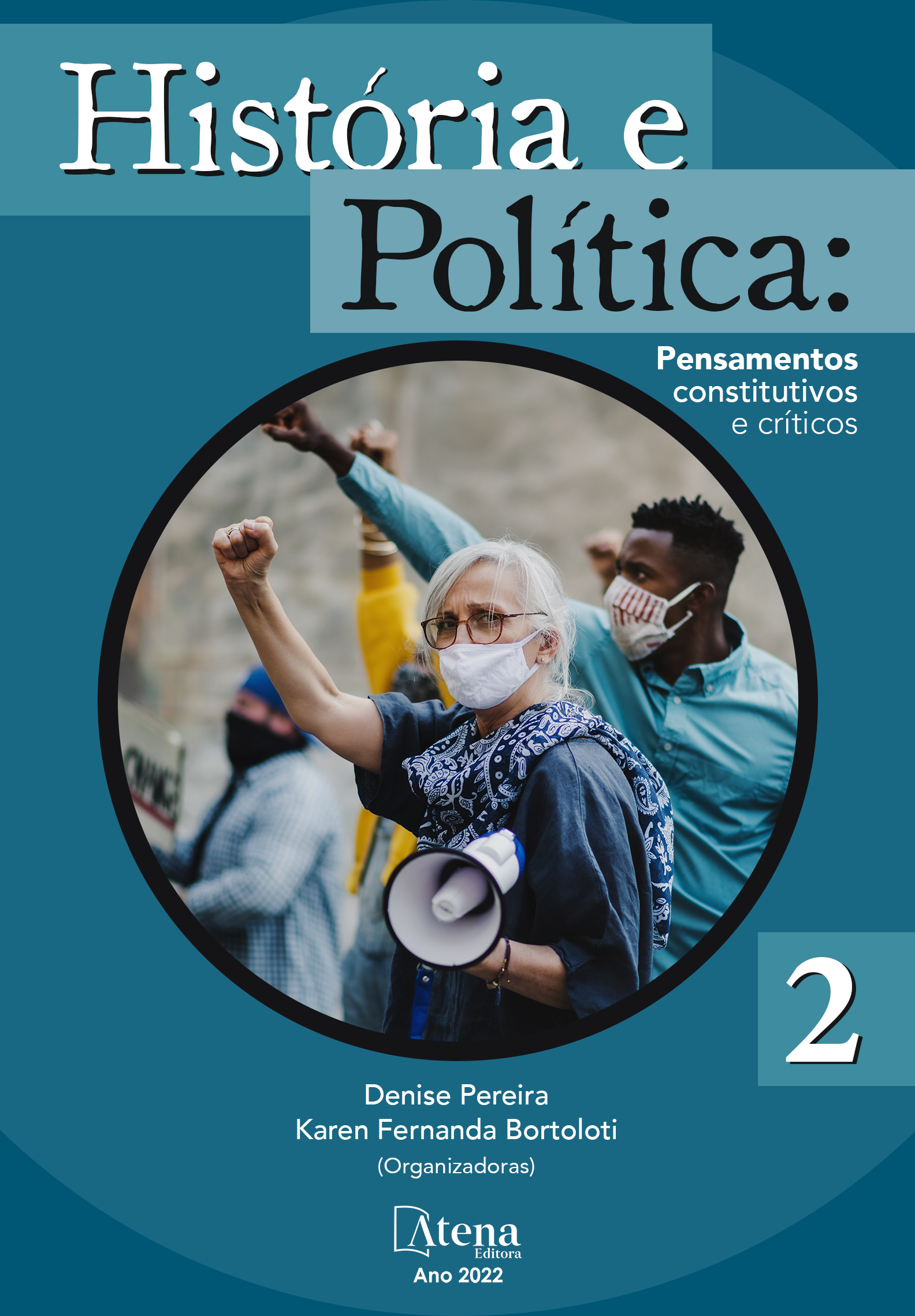
A CONCEPÇÃO DA DOUTRINA REFORMISTA DA IGREJA MEDIEVAL A PARTIR DE ARNALDO DE VILANOVA (SÉCULO XIV)
O objetivo desse artigo pauta em analisar a doutrina reformista para o catalão Arnaldo de Vilanova (1240-1311) usando como fonte Super Facto Adventus Antechrist/Confissió de Barcelona (1305). O autor em estudo teve formação médica, atuando nas cortes régias de Aragão, Pedro III (1276-1285), Afonso III (1285-1291) e Jaime II (1291-1327), além das cortes pontifícias de Bonifácio VIII (1294-1303), Bento XI (1303-1304) e Clemente V (1305-1314). A metodologia empregada para o estudo fora a análise de discurso da obra, dialogando com Nachman Falbel (1977) e outros historiadores para compreender a fonte. A obra composta por Arnaldo tratou de um discurso perante o rei Jaime II, que defendeu suas ideias de reformulação da estrutura da Igreja Medieval, rebatendo os teólogos da Universidade de Sorbonne, principalmente, os dominicanos que acusavam suas ideias de heréticas. Assim, a fonte em estudo reflete uma influência de leituras do autor de Jaoquim de Fiore (1312-1202) e dos livros bíblicos de Daniel, Apocalipse como sustentáculo para criticar a hierarquia do clero, desejava uma igreja espiritual no lugar daquela que considerava material.
A CONCEPÇÃO DA DOUTRINA REFORMISTA DA IGREJA MEDIEVAL A PARTIR DE ARNALDO DE VILANOVA (SÉCULO XIV)
-
DOI: 10.22533/at.ed.5202218024
-
Palavras-chave: Arnaldo de Vilanova, doutrina reformista, igreja, Super Facto Adventus Antechristi.
-
Keywords: Arnaldo de Vilanova, reformist doctrine, church, Super Facto Adventus Antechristi.
-
Abstract:
The aim of this article is to analyze the reformist doctrine for the Catalan Arnaldo de Vilanova (1240-1311) using as a source Super Facto Adventus Antechrist/Confissió de Barcelona (1305). The author under study had a medical training, acting in the royal courts of Aragão, Pedro III (1276-1285), Afonso III (1285-1291) and Jaime II (1291-1327), in addition to the pontifical courts of Bonifácio VIII (1294-1303) ), Bento XI (1303-1304) and Clemente V (1305-1314). The methodology used for the study was the discourse analysis of the work, dialoguing with Nachman Falbel (1977) and other historians to understand the source. The work composed by Arnaldo dealt with a speech before King James II, who defended his ideas of reformulating the structure of the Medieval Church, countering the theologians of the University of Sorbonne, especially the Dominicans who accused his ideas of heretics. Thus, the source under study reflects an influence of readings by the author of Joaquim de Fiore (1312-1202) and the biblical books of Daniel, Apocalipse as a support to criticize the hierarchy of the clergy, wanted a spiritual church in place of what he considered material.
-
Número de páginas: 12
- Nabio Vanutt da Silva


